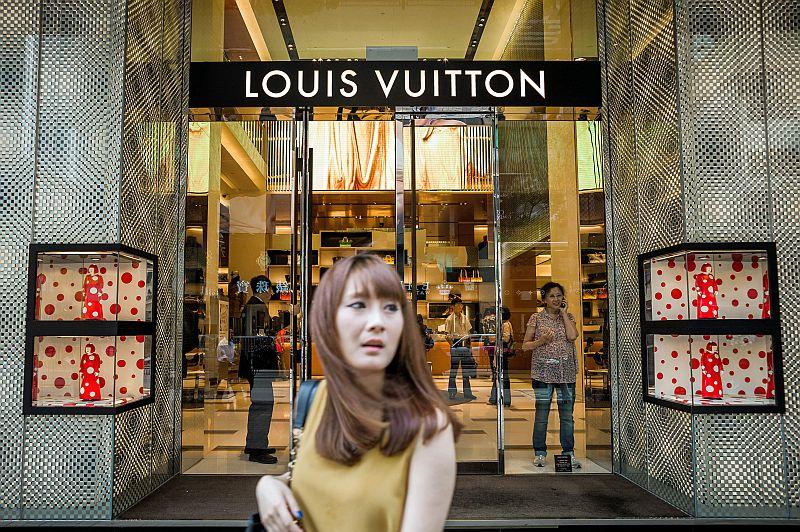Pundits keep pushing the Chinese consumer who is supposedly going to take over from the investment growth model. This time it’s Jack Ma’s turn.
In a letter to investors published on the U.S. website of the Chinese online retailer, he said: “China’s economy is transitioning from an export sales-driven economy to a domestic-consumption economy, and from investing in infrastructure to operating infrastructure. ”
Same old story with the caveat that it’s just not happening. Recent news rather supports the theory that a lack of investment spending is finally impacting the job market.
Late September, Longmay Group fired 100,000 coal workers, or 40 percent of its workforce.
More recently, China Daily reports some jobs are disappearing altogether:
“The changing economic structure affects certain traditional careers. The need for professionals in certain fields declined, and some even disappeared,” Zhu Hongyan, the chief career consultant for Zhaopin.com (a think tank), told the paper.





